WASHINGTON (AP) — President Barack Obama is in a box over Iran, caught between affinity for emboldened reformists and caution about further alienating a hard-line Islamic regime he wants to dissuade from seeking nuclear weapons.
The president’s dilemma showed clearly on Tuesday, when he said he shared the world’s “deep concerns about the election” but asserted that it was “not productive, given the history of U.S.-Iranian relations, to be seen as meddling.”
Compounding his foreign policy conundrum, some conservative Republicans have begun challenging the president to take a tougher rhetorical stand behind supporters of reformist presidential challenger Mir Hossein Mousavi. The reform candidate’s defiant backers poured into Tehran streets for a second day, protesting that Mousavi was cheated in Friday’s election.
Iran’s Supreme leader Ayatollah Ali Khameni has ordered an unspecified recount of some ballots, but it appears unlikely he would annul the victory of incumbent President Mahmoud Ahmadinejad and order a new vote, as the opposition demands.
While Khameni may have been knocked a bit off balance by the size of the street demonstrations in support of Mousavi, the clerical leadership in Iran does not yet seem in danger.
“This is an uprising, not a revolution,” said Manochehr Dorraj, political science professor at Texas Christian University.
Despite Obama’s limited options, Dorraj said the new president is “clever and on target” for not succumbing to the temptation to raise the temperature of the U.S. response.
Obama knows that Iran has the power to make the U.S. withdrawal from Iraq far more difficult should it boost support for Shiite Muslim radicals. It also can play a significant role in easing the task of the United States as it fights Islamic radicals in Afghanistan.
Then there is Iranian support for the militant Hezbollah organization in Lebanon, on Israel’s north, and Hamas, which runs Gaza, the Palestinian territory on Israel’s southern flank.
By dialing back U.S. rhetoric, Obama appears to have decided he stands a better chance of encouraging Iranian moderation on those issues. Beyond that, and most central to Obama’s Iranian policy, is his push to engage Tehran in hopes of blunting its perceived ambition to build a nuclear weapon.
What’s more, Obama is trying to overcome a very difficult historical relationship between the United States and Iran, where even the strongest opponents of the Islamic regime still are deeply suspicious of Washington.
Iranians have long blamed the CIA for helping topple the elected government of Mohammad Mosaddeq in 1953 and replacing him with the late Shah Mohammad Reza Pahlavi.
Washington unsuccessfully sought to sustain the shah even as he was swept from power in the 1979 Islamic revolution, setting in motion a three-decade estrangement that only grew deeper during the administration of former President George W. Bush, who labeled Iran a part of the “Axis of Evil,” along with Iraq under Saddam Hussein, and North Korea.
While at pains to emphasize that finding a solution to the turmoil inside the country was “ultimately for the Iranian people to decide,” Obama did notch up his support Tuesday for Mousavi backers, whose rallies were punctuated by gunfire that reportedly killed at least seven demonstrators.
Obama declared that their opposition to Ahmadinejad represented “a questioning of the kinds of antagonistic postures towards the international community that have taken place in the past, and that there are people who want to see greater openness and greater debate and want to see greater democracy.”
But the language was carefully drawn, suggesting greater public sympathy for the opposition while carefully avoiding the kind of sharp rhetoric that could have deepened the insecurity of a regime whose legitimacy is under increasing challenge from its people.
Steven R. Hurst reports from White House for the Associated Press and has covered international relations for 30 years.
Photo: President Barack Obama


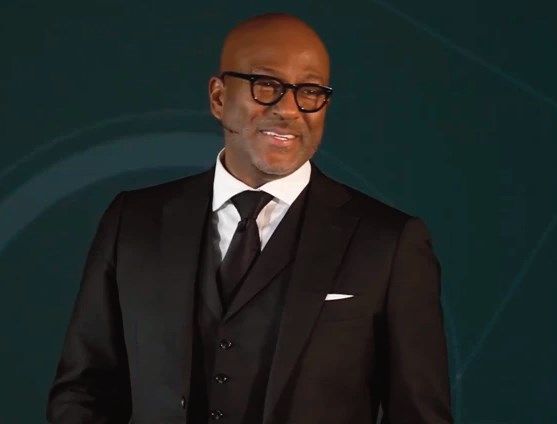
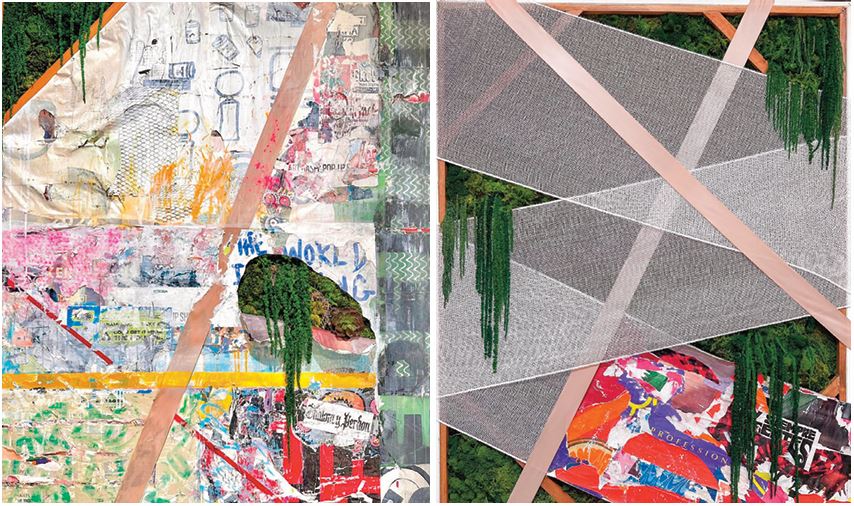

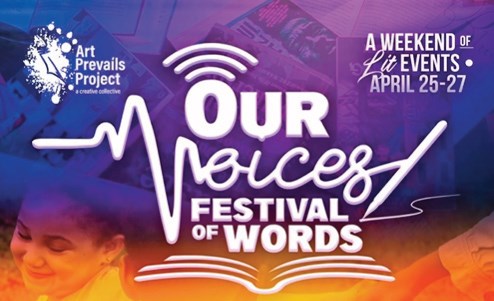


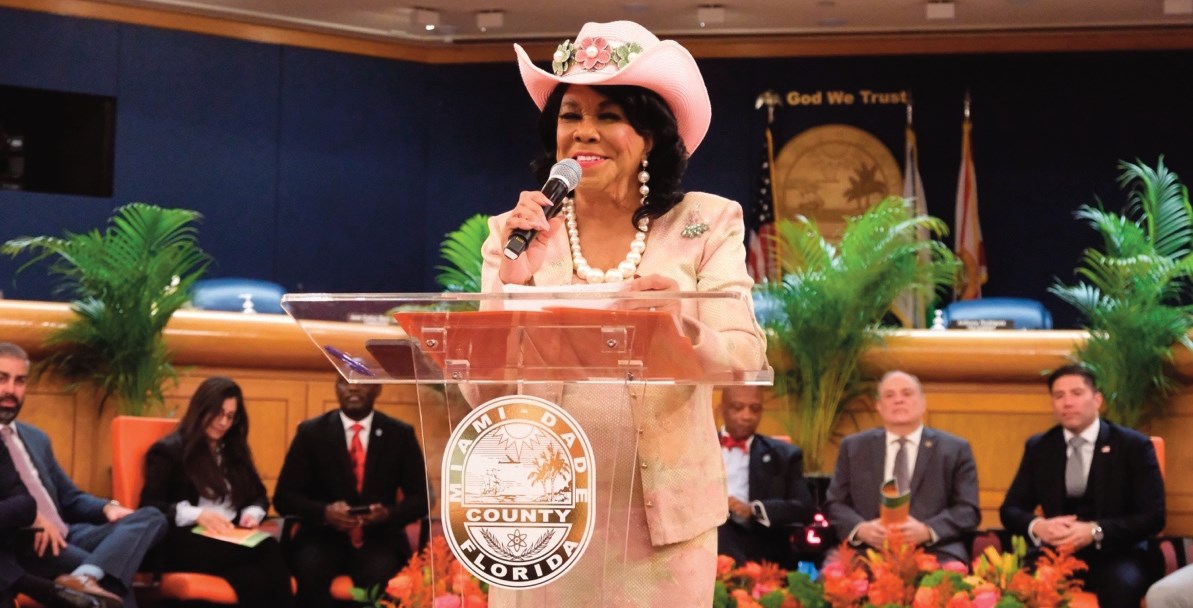

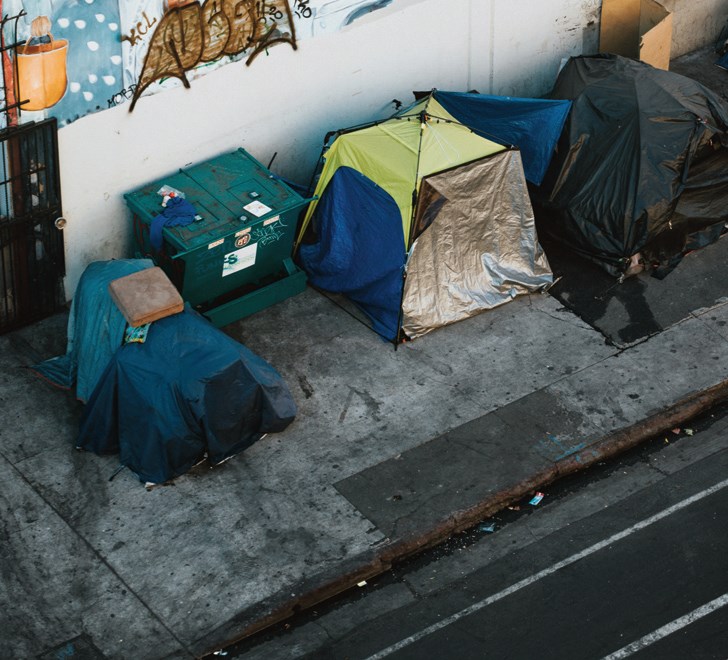
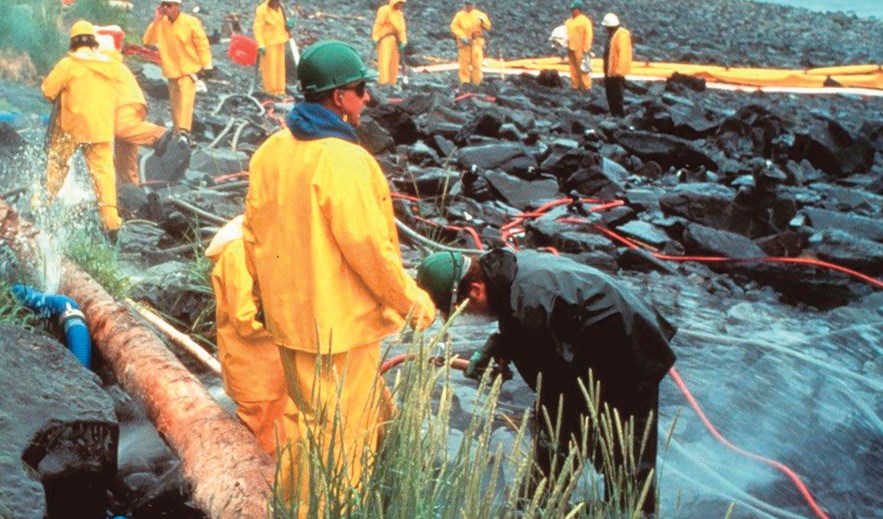
No Comment